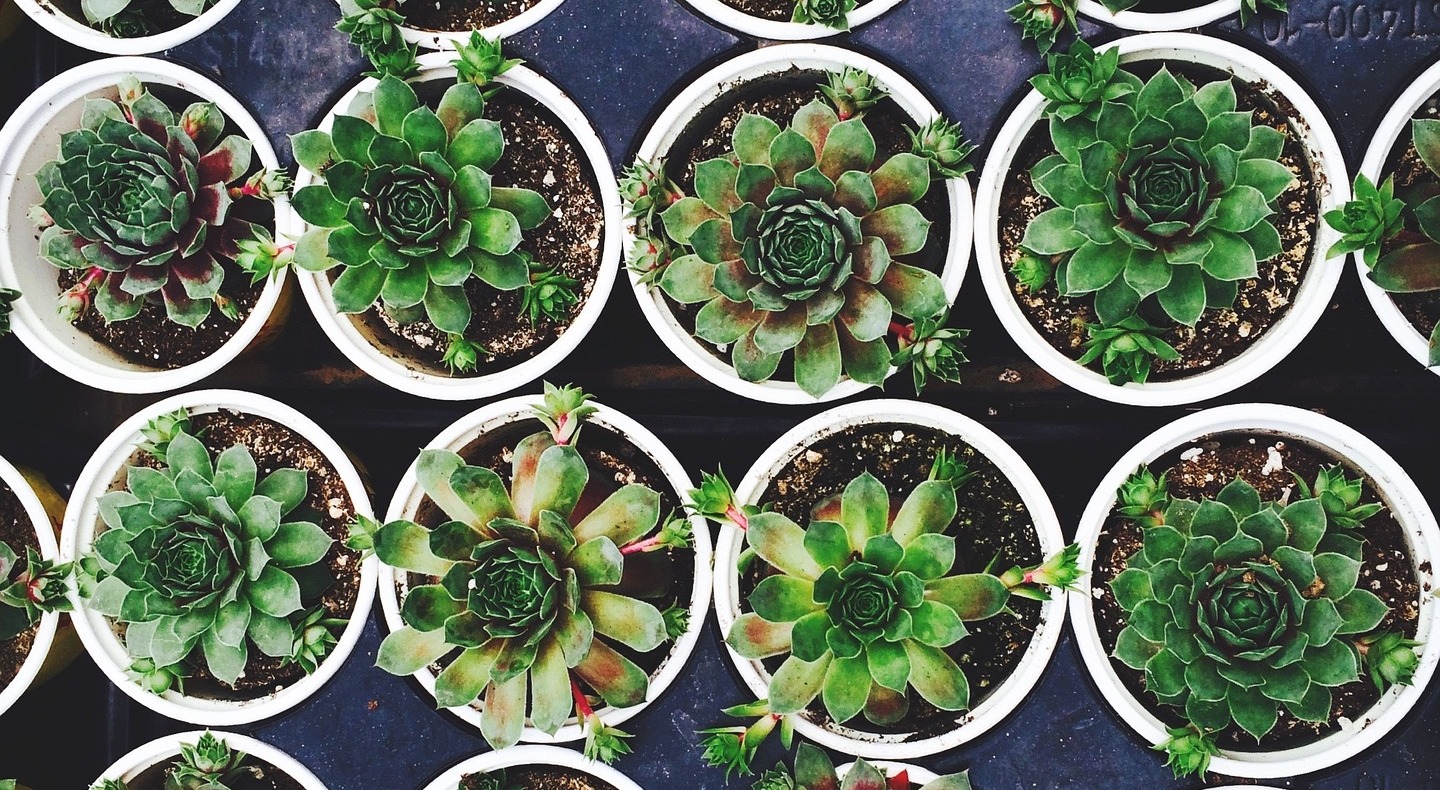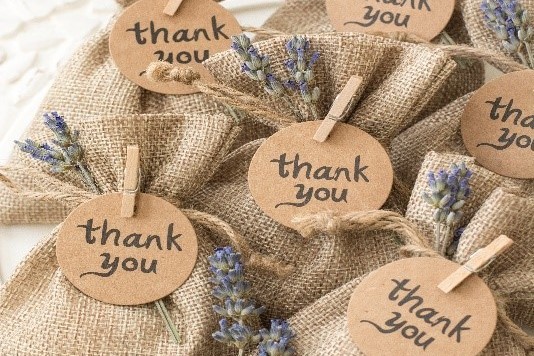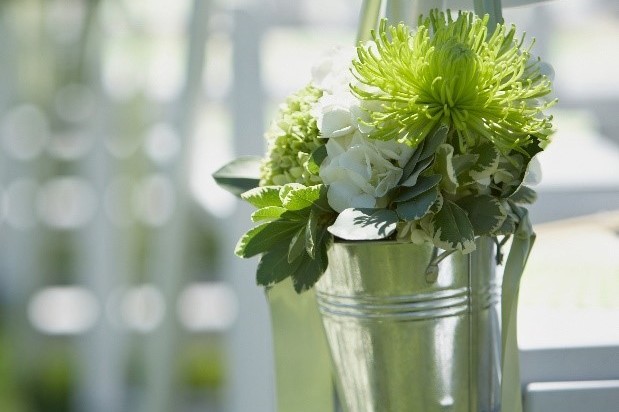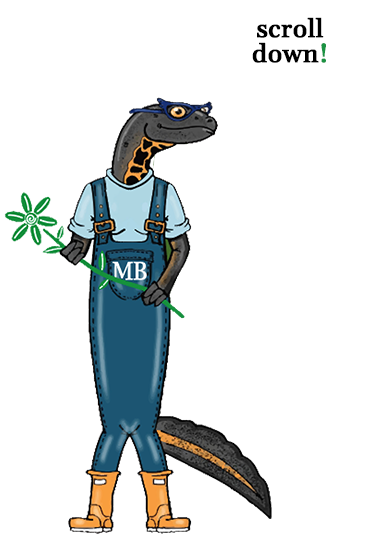Introduction
In our gardens here at Mires Beck Nursery we grow a wide range of plants. We have two official gardens and array of varying sized borders. These are all planted with perennials, shrubs, wildflowers, herbs, vegetables, fruit trees and many more. We try to ensure that what varieties are in our gardens, you can also buy here at the nursery.
We propagate and grow many varieties of hardy plants for our gardens, retail, and trade customers. We currently stock over 200 varieties which are suitable for growing in most conditions that you will find in this country. Visitors to the nursery are very welcome to browse our stock areas. Our sales area displays our plants to their best advantage to help you in your plant choices. We are further developing the grounds to enable us to create a new rose garden and will include progress on this in our newsletter.

What do we do with the seeds or the removal of plants parts to re-propagate?
We will begin to collect the seeds from our gardens and flower beds in July. Once we have picked the seeds from the flower, we will leave them to dry in our drying room after which they will be labelled in our seed library before getting ready to sow them in the spring. We try and collect as many seeds as possible on site however, sometimes we will leave some of the seeds as they are great for the birds to eat. We sow them in seed trays, taking care of them until they begin to grow roots. Once the seed has formed some roots, we will pot them on into either a 9cm pot or a root trainer depending on the plant.
A cutting is a plant part which is severed from the parent plant and rooted to regrow and form a whole new plant. A cutting is when you take about 10-15cm in length, cut from the main stem or a side branch just below where the leaf and stem meet. We then place the cut tip in water until roots form, after which it can be removed and potted. Once potted we keep the base of the pot warm and in a place with plenty of indirect sunlight.
If we are not taking cuttings, then we will usually divide the plant. There are many plants that grow with several stems which have roots attached to each one. Therefore, each of these rooted stems can be separated from the parent plant to create a new plant. If the stems are not joined, they can be gently pulled apart, otherwise, they will need to be divided using a sharp knife. Once the rooted stems have been divided, they can be individually potted in the rooting medium to grow.

Lavender
Lavender is an important resource for the nursery's winter craft with our service users and grows abundantly. Lavender is an easy to grow shrub which flowers in late spring and summer. Lavender is best planted in spring, in free-draining soil as it thrives in full sun and is drought tolerant. Many types of lavender are hardy, but if you choose to grow it, you should avoid planting in cold, damp spots. It is easy to propagate from cuttings and the leaves and flowers can be used for drying which we do here at Mires Beck Nursery. The flowers are very attractive to bees and other pollinating insects making the plant be amazing for wildlife.
Left to their own devices, lavender can become woody and ungainly, so to keep plants compact and attractive, it is best to trim them annually in late summer, just after flowering has finished. To do this we remove any spent flower stalks and about 2.5cm (1in) of leaf growth. Foliage is clipped over in spring if the growth is untidy or frost damaged. Lavender does not break new growth easily from old stems, so we do not cut back into the woody stems.
Lavender is most used in aromatherapy. The fragrance from the oils of the lavender plant is believed to help promote calmness and wellness. Many people have enjoyed the pleasing fragrance of lavender and used it to treat a variety of conditions. People say its uses range from helping them calm down and get a good night’s sleep to managing sleeplessness, anxiety, and menstrual cramps. Though reports from the medical experts are mixed, lavender does have many potential benefits that you might want to try.


City of Sanctuary
City of Sanctuary UK holds the vision that our nations will be welcoming places of safety for all and proud to offer sanctuary to people fleeing violence and persecution. In order to realise this vision, City of Sanctuary UK supports a network of groups, which includes villages, towns, cities and regions across the UK, and others engaged in Streams of Sanctuary, Sanctuary Awards and activities intended to welcome people seeking sanctuary. Whilst they are a movement in our own right, they also contribute towards wider movement building through partnership work and supporting advocacy and campaigning initiatives.
We are looking to support City of Sanctuary by creating our own gardens for their project on site and in the woodland so that people can visit this, and they can relax as well as take in the beautiful surrounding.
Rose Garden




All projects require fundraising and we are always looking for new sponsors and volunteers to help us realise the future aspirations to maintain the charity and help it to thrive. If you would like to help please contact us.

